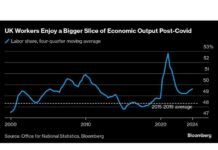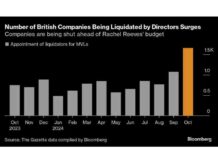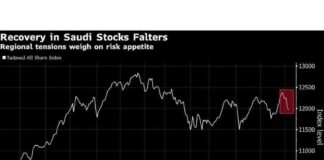Federal Reserve Chairman Jerome Powell made it clear during a recent Senate committee hearing that there are no immediate plans to cut borrowing costs, citing a robust job market and ongoing inflation as reasons for maintaining current interest rates. This announcement has sparked conversations about the state of the economy and the impact of government policies on various sectors, including housing and banking.
Challenges in the Housing Market
One of the key issues discussed during the hearing was the impact of high mortgage rates on the housing market. Powell acknowledged that mortgage rates close to 7% have made homeownership a significant challenge for many prospective buyers. This, in turn, has led to a reluctance among current homeowners to sell their properties and upgrade due to the fear of losing their lower-cost mortgages.
Powell emphasized that while the Federal Reserve’s ability to directly influence mortgage rates is limited, a reduction in short-term rates could indirectly lead to a decrease in mortgage rates. However, he also highlighted the underlying issue of housing shortages in various regions across the United States, emphasizing the need for increased construction to address the growing demand for housing.
Government Policies and Banking Regulations
The discussion also delved into the potential impact of the Trump administration’s policies on the economy, particularly in relation to trade and immigration. Powell refrained from providing a detailed assessment of trade policies, stating that it falls under the purview of Congress and the White House. However, he did address concerns raised by Senator Jack Reed regarding the President’s authority to remove members of the Federal Reserve Board, asserting that such actions are prohibited by law.
Additionally, lawmakers expressed criticism regarding bank regulations, with some Republicans highlighting concerns about the limitations placed on banks in working with certain businesses, such as crypto businesses. Senator Tim Scott emphasized the importance of ensuring that businesses have equal access to banking services, regardless of shifting political landscapes. Powell indicated that the Fed is reviewing its bank supervision manual to address these concerns and ensure a fair and transparent regulatory framework.
Consumer Protection and Regulatory Oversight
The conversation also touched on the role of the Federal Reserve in regulating banks and overseeing consumer protection. Senator Elizabeth Warren raised concerns about the Trump administration’s decision to scale back the operations of the Consumer Financial Protection Bureau, a regulatory body established to safeguard consumers’ interests in the financial sector. Warren criticized the move, stating that it leaves consumers vulnerable to fraudulent practices and excessive fees by financial institutions.
Warren urged Powell to resist any attempts to undermine the Consumer Bureau’s functions, highlighting the importance of regulatory oversight in protecting consumers from financial exploitation. The Fed’s funding of the Consumer Bureau underscores its role in supporting consumer protection initiatives and maintaining a level playing field in the financial industry.
In conclusion, Powell’s remarks in the Senate hearing shed light on the Federal Reserve’s stance on interest rates, housing market challenges, government policies, and regulatory oversight. The ongoing dialogue between policymakers, regulators, and lawmakers underscores the complexities of maintaining a stable and equitable financial system that serves the interests of all stakeholders. As the economic landscape continues to evolve, collaboration and informed decision-making will be crucial in navigating the challenges ahead.






















